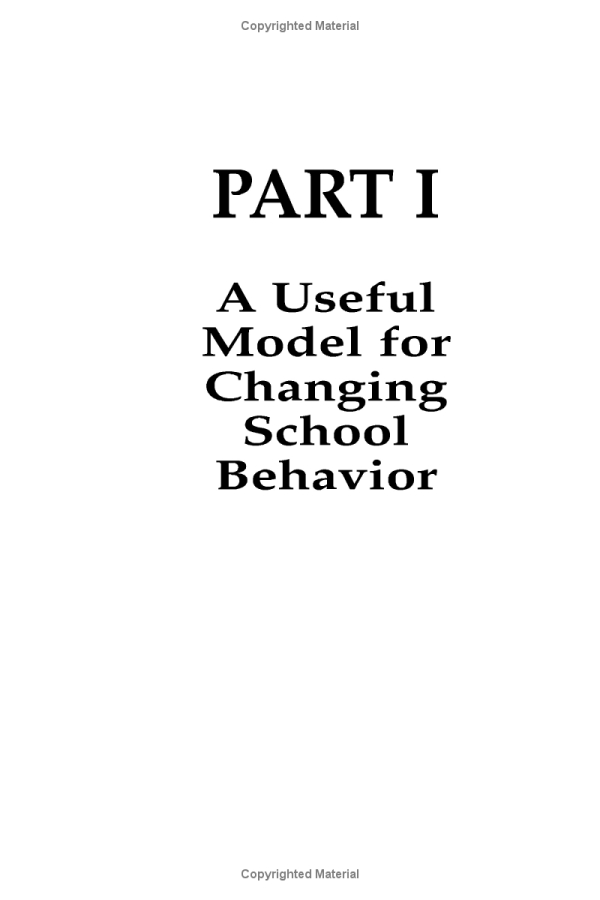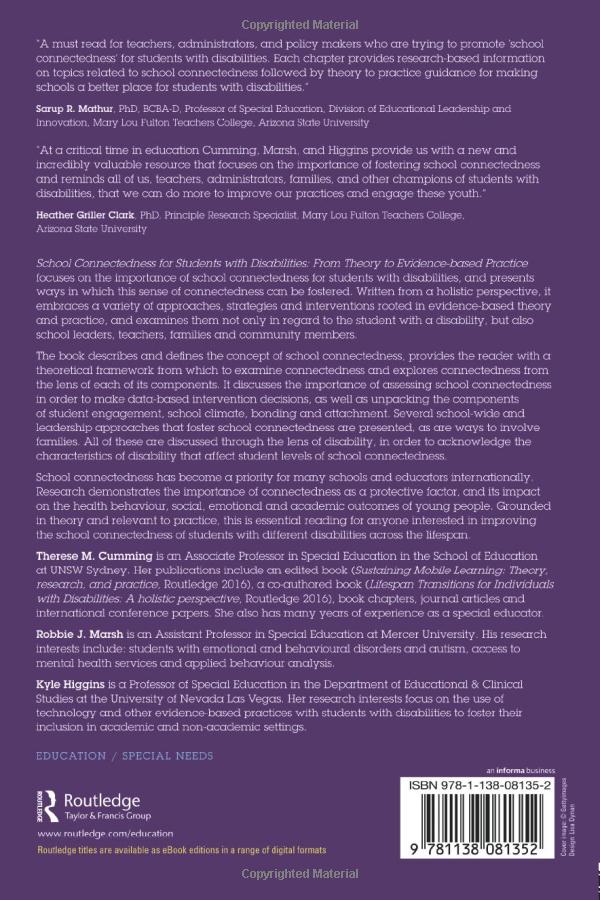Understanding Student Loans Bankruptcy Chapter 7: A Comprehensive Guide to Discharging Your Educational Debt
#### Student Loans Bankruptcy Chapter 7Student loans can be a significant burden for many individuals, often leading them to consider various options for re……
#### Student Loans Bankruptcy Chapter 7
Student loans can be a significant burden for many individuals, often leading them to consider various options for relief. One of the avenues that borrowers explore is bankruptcy, specifically Chapter 7 bankruptcy. In this detailed guide, we will delve into the intricacies of student loans bankruptcy chapter 7, discussing what it entails, the eligibility criteria, and the potential outcomes for those seeking to discharge their student loan debt.
#### What is Chapter 7 Bankruptcy?
Chapter 7 bankruptcy, often referred to as "liquidation bankruptcy," allows individuals to eliminate most of their unsecured debts. This type of bankruptcy is designed for those who cannot repay their debts and need a fresh start. In a Chapter 7 filing, the bankruptcy trustee may sell off non-exempt assets to pay creditors, but many individuals find that their assets are protected under state exemption laws.
#### Eligibility for Chapter 7 Bankruptcy
To qualify for Chapter 7 bankruptcy, individuals must pass the means test, which compares their income to the median income in their state. If their income is below the median, they can file for Chapter 7. However, if their income exceeds the median, they may need to file for Chapter 13 bankruptcy instead, which involves a repayment plan.
#### Student Loans and Bankruptcy
Historically, student loans have been challenging to discharge in bankruptcy. Under the Bankruptcy Code, student loans are considered non-dischargeable unless the borrower can prove "undue hardship." This means that simply filing for Chapter 7 bankruptcy does not automatically eliminate student loan debt.

#### Undue Hardship and the Brunner Test
To demonstrate undue hardship, borrowers typically must pass the Brunner test, which requires them to show:
1. **Poverty**: The borrower cannot maintain a minimal standard of living based on current income and expenses.
2. **Persistence**: The financial situation is likely to continue for a significant portion of the repayment period.
3. **Good Faith**: The borrower has made good faith efforts to repay the loans.
Successfully proving undue hardship can be a challenging process, and it often requires a separate adversary proceeding in bankruptcy court.

#### Alternatives to Chapter 7 for Student Loan Relief
Given the difficulty of discharging student loans through Chapter 7, borrowers may want to explore other options for managing their student debt. These alternatives include:
- **Income-Driven Repayment Plans**: These plans adjust monthly payments based on income and family size, potentially leading to loan forgiveness after a set period.
- **Loan Forgiveness Programs**: Certain professions, such as public service, may qualify for loan forgiveness after a specific number of payments.
- **Refinancing**: Borrowers with good credit may consider refinancing their student loans to secure lower interest rates.
#### The Impact of Bankruptcy on Credit

Filing for Chapter 7 bankruptcy will have a significant impact on an individual's credit score. A bankruptcy can remain on a credit report for up to 10 years, making it challenging to obtain new credit. However, for many, the relief from overwhelming debt can provide a pathway to financial recovery.
#### Conclusion
Navigating the world of student loans and bankruptcy can be complex and daunting. While student loans bankruptcy chapter 7 offers a potential avenue for relief, it is essential to understand the limitations and requirements involved. Borrowers should consider seeking advice from a qualified bankruptcy attorney to explore their options and determine the best course of action for their unique financial situation. Ultimately, the goal is to achieve financial stability and peace of mind, allowing individuals to move forward without the burden of unmanageable debt.